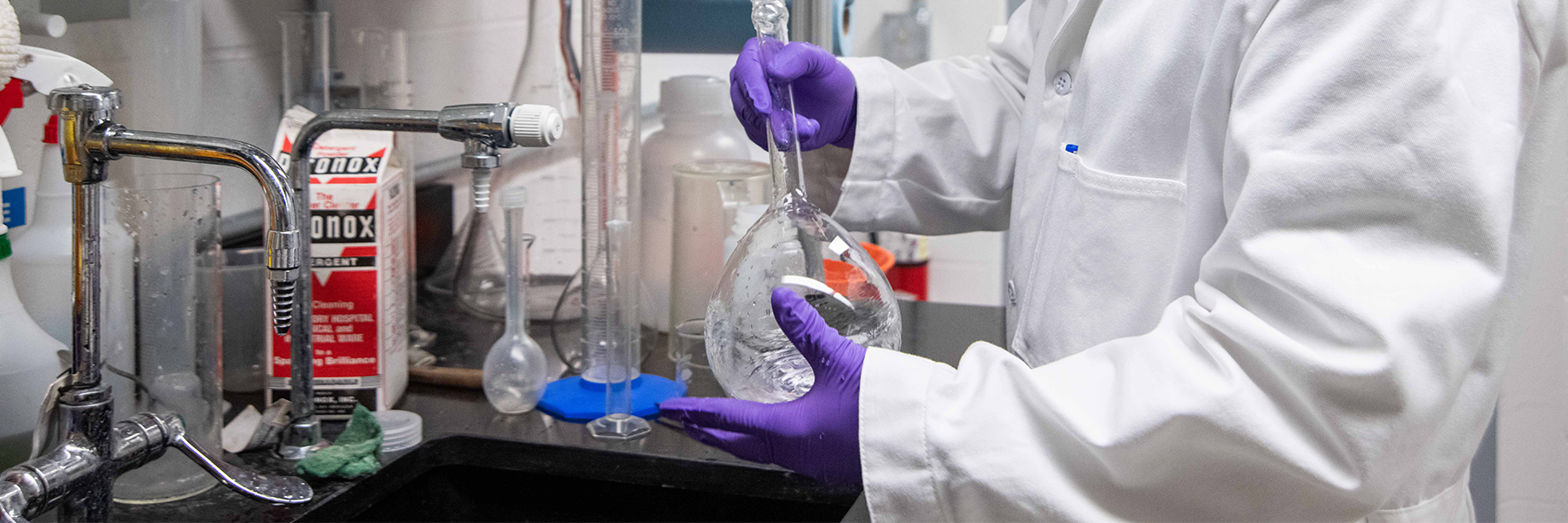The Myasthenia Gravis Foundation of America (MGFA) is pleased to award research grants each year to help advance the understanding of myasthenia gravis and ultimately find better treatments for the disease. We fund some of the most promising and results-oriented MG research around the world to help improve the lives of those living with myasthenia now and in the future.
We award grants to get these research projects off the ground – and we couldn’t do this without the many generous donations and sponsorship opportunities from our dedicated supporters. Thank you for enabling us to help find better treatments and a cure for MG.
MGFA employs an extremely objective and structured selection process that convenes medical professionals across the globe that are focused on myasthenia and rare diseases. We announce and conduct a Call for Papers application process, asking researchers to submit their research abstracts for evaluation. Our MG medical experts carefully review and assess each proposal and rank them based on an established and time-tested set of criteria.
The selected research projects must fall within the following five broad research priorities:
- Biomarkers
- Disease Mechanisms
- Targeted Therapies
- Patient Outcomes
- Pediatric Treatments.
We are so proud to provide several types of grant funding areas such as high-impact pilot project awards, transformative research awards, targeted and special research projects, and young investigator and clinician awards. Through our grant funding process, MGFA has funded a number of extremely important and impactful research projects with key outcomes in the past.
This year, we received nine submissions for pilot grants and three submissions for our Seronegative grants. Our reviewers scored the proposals based on National Institutes of Health scoring criteria, feasibility, and creativity.
We are extremely excited to announce the following 2020 Grant Winners.
Pilot Grants (each at $55,000 – One year awards)
Identification of biomarkers that leverage mechanisms of autoantibody pathology in AChR MG
Dr. Kevin O’Connor
Yale University
MG is characterized by the presence of acetylcholine receptor antibodies in the blood, which cause the disease by different mechanisms which are not fully understood. We are developing a group of assays that classify and quantify these antibody types to predict treatment response, monitor disease progression, and enable personalized therapeutic decisions that avoid severe side effects.
Measuring adverse event burden in myasthenia gravis: Validation on adverse event unit
Dr. Michael Hehir
University of Vermont
There is increasing emphasis on long term side effect burdens for patients with MG as we attempt to understand differences between treatments. Understanding the side effect burden is paramount when designing unique treatment strategies. We have created a patient and physician consensus unit (akin to currency such as the US Dollar) called the Adverse Event Unit (AEU) to better measure this burden. The goal of the project is to evaluate the validity, utility, and feasibility of using the AEU as a measure of MG treatment burden.
Seronegative Grants (each at $150,000 – 2 year awards)
Defining the clinical phenotype and immunopathology of seronegative MG
Dr. Jeffrey Guptill – Duke University
Dr. Kevin O’Connor – Yale University
Seronegative MG (SNMG) is a disease subset of MG defined by the absence of detectable autoantibodies that are otherwise present in a majority of patients. Little is known about SNMG and it has not been well-studied. Two major goals of this project include: 1) to better understand the characteristics of SNMG patients, and 2) to better understand the abnormal immune system functions that contribute to this disease subset. This work will define the features that will lead to better treatment guidance in the future.
We congratulate these amazingly creative medical professionals and researchers as they embark on the projects – and we hope to announce exciting outcomes in the future. For more about our grant process, visit https://myasthenia.org/Professionals/Research-Grants.

